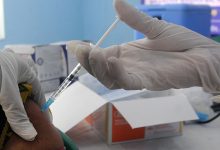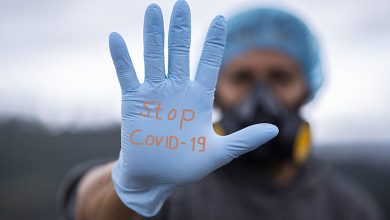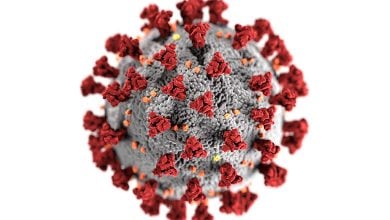Coronavirus in bats affecting humans is rare: ICMR
A study by the ICMR found the presence of a bat coronavirus in bat species from Kerala, Himachal Pradesh, Puducherry and Tamil Nadu.

The Indian Council of Medical Research (ICMR) on Wednesday said that coronavirus in bats affecting humans is a rare incident, maybe, once in a thousand years.
Responding to a question asked by IANS at the daily media briefing of ministries about coronavirus pandemic, Head Scientist of ICMR Dr Raman Gangakhedkar said that the incident of coronavirus found in bats was a rare incident.
“Coronavirus is also found in bats. In the research conducted in China, it was found that coronavirus might have originated due to mutation in bats and affected humans. There is another possibility that bats might have transmitted the virus to mammals called pangolin and from pangolins, it got transmitted to humans,” said Dr Gangakhedkar.
Talking about recent research conducted by the ICMR on Indian species of bats, Dr Khedkar said, “We also conducted research and surveillance on bats in order to check if emerging infectious diseases are found in bats, we learnt that there are two types of bats, which carry coronavirus. But it was not capable of affecting humans. It’s rare, maybe once in 1000 years that the virus gets transmitted from bats to humans,” said the ICMR chief scientist.
A study by the Indian Council of Medical Research (ICMR) found the presence of a bat coronavirus in bat species from Kerala, Himachal Pradesh, Puducherry and Tamil Nadu. There have been studies and theories that the coronavirus pandemic which spread from Wuhan in China had originated from bats.
The etiology and most facts still remain unknown about the novel coronavirus which has brought the entire world into a lockdown situation. The scientific community across the world continues to search about its origin.















